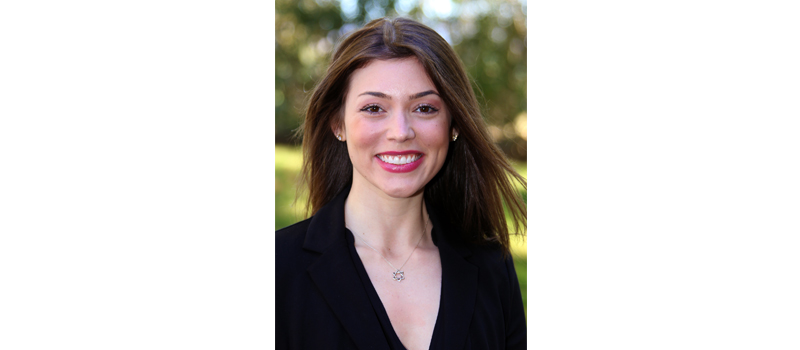By Cantor Emma Lutz
In this week’s Torah portion, Tzav, God—through Moses—initiates Aaron and his sons in the holy sacrificial services of the priests. They are instructed to keep a fire continuously burning on the altar (Leviticus 6:6) and are further guided in the specific instructions for different offerings to God.
It is quite a powerful image to conjure up of Aaron and his sons’ busyness keeping those massive fires burning day and night in the desert, tending to the flames by the hour in constant service to God. I imagine each of them had a multitude of feelings about this ongoing performance of devotion: wonder at God’s nearness, fear of the giant flames in the already sweltering desert heat, exhaustion from the indefiniteness of their labor, as well as marvel at the mystery and newness of these extraordinary, commanded rituals.
We are all living in a type of desert during these weeks of isolation. Our daily routines have changed—just like those of Aaron and the priests—and I imagine we are all feeling a multitude of emotions regarding the many constant “fires” that burn around us: overwhelmed with homeschooling or childcare plus work, exhausted from the constant bad news delivered through the media, wonder at the selfless acts of healthcare and food service workers, and fear of the unknown in the weeks and months ahead. We might even feel lost some days, as if we ourselves are wandering through a type of uncharted wilderness.
And yet, there is truly endless comfort that can be derived from the rituals of our tradition. Like Aaron’s sons, we can all find hope and meaning when we light our Shabbat candles, when we recite our daily blessings, when we study Torah, when we sing, when we convene with our friends and temple community through social media, when we check on those we know might need our support, or when we take a few moments to connect with God through journaling or prayer throughout the day. May the commitments of Aaron and his priestly sons serve as a model for us all and may we find meaning in this dark time by brightening our days with our own little fires: our acts of ritual, devotion, and self-care. And may we always trust and remember that like Aaron and his sons, God has great faith in us to find the strength to tend to the many fires that burn in our lives.


